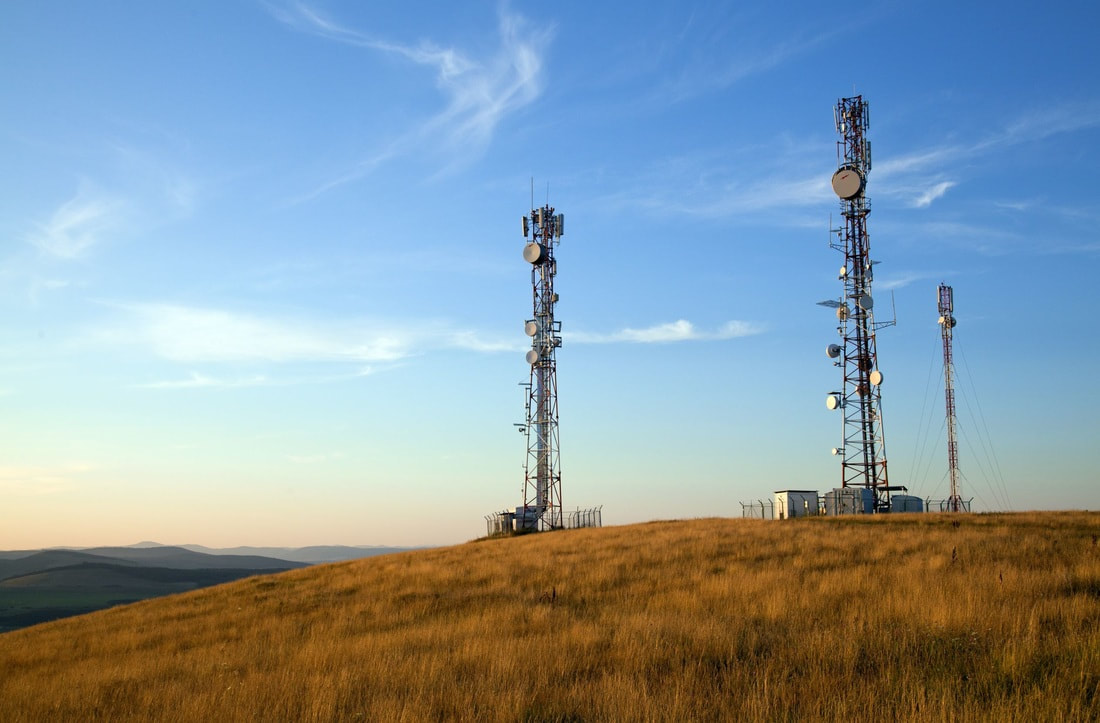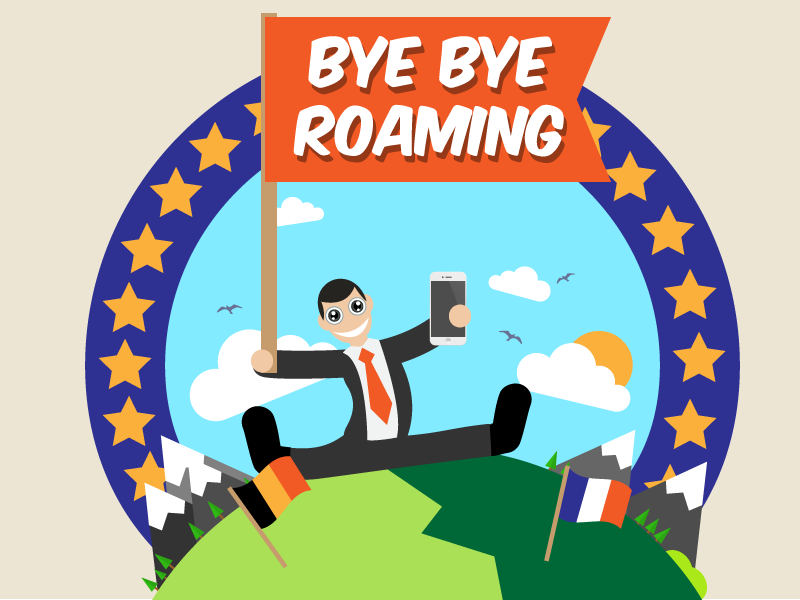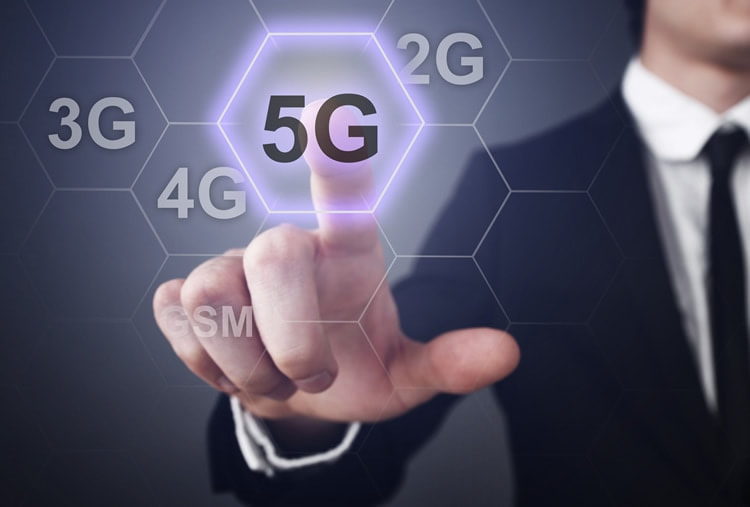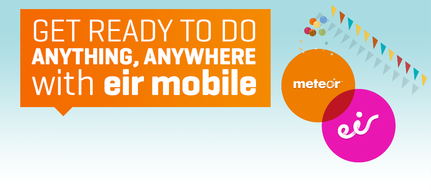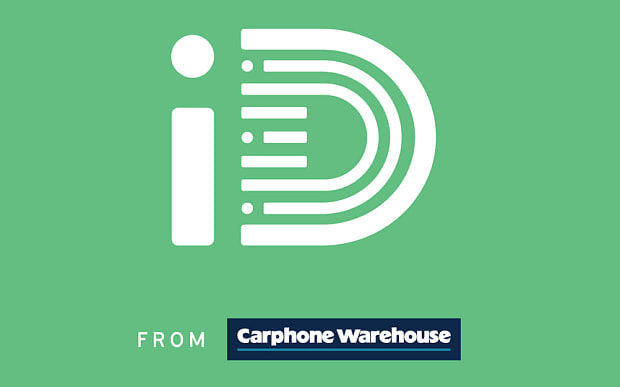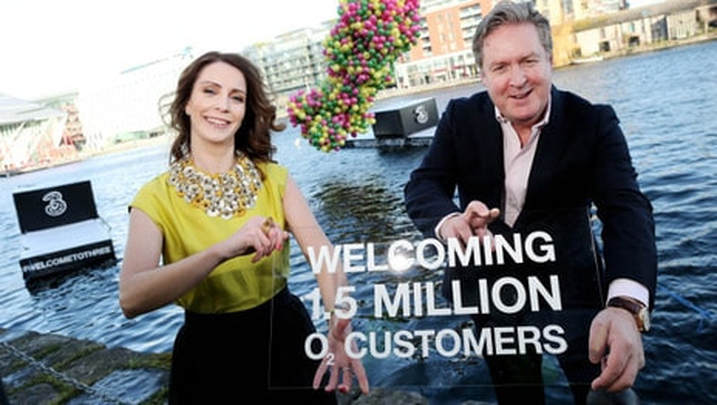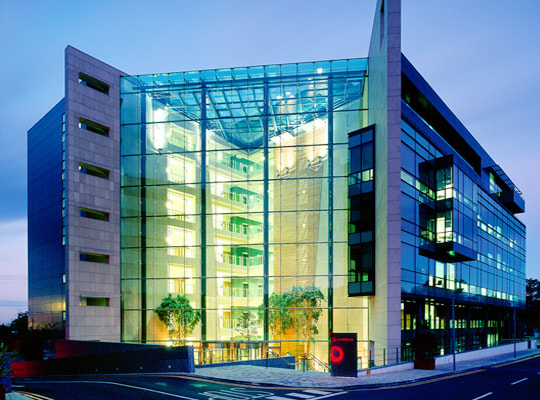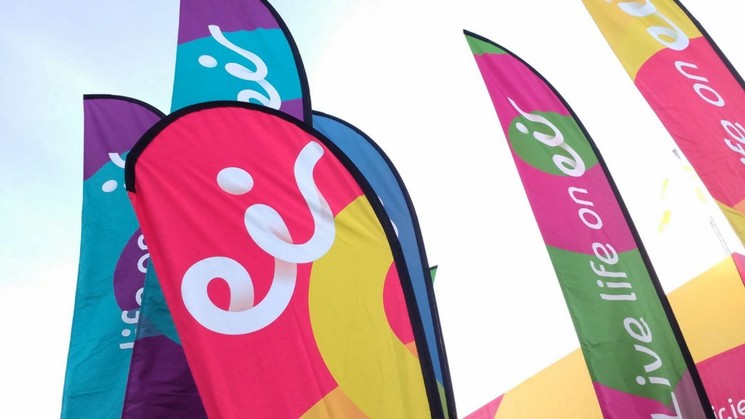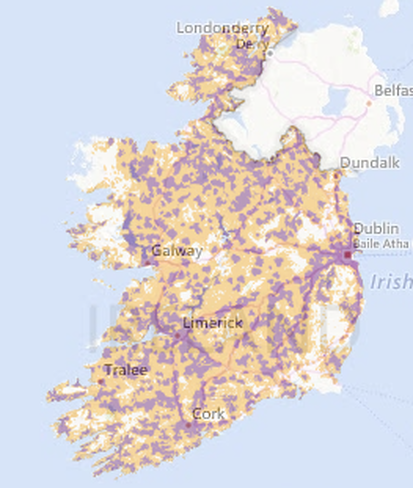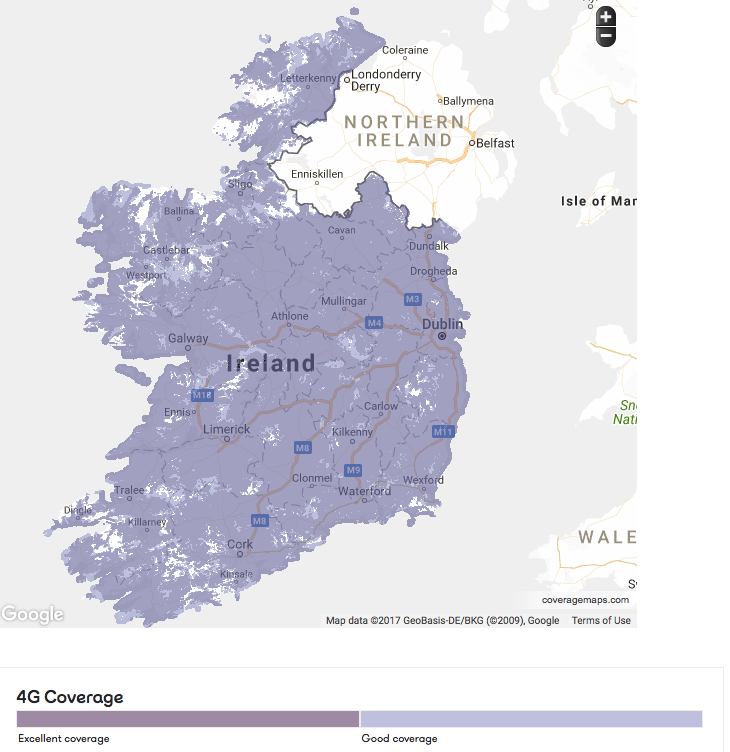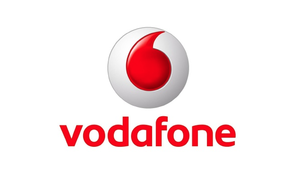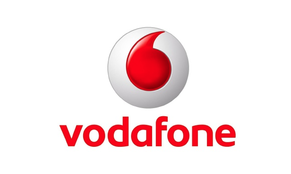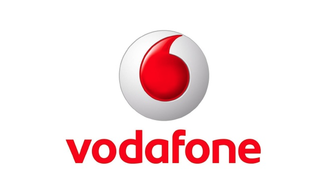The State of Mobile Networks:
Autumn 2017
Published 10/08/2017
It's been a busy year in telecoms in Ireland since January. At least one mobile network has announced it's demise and another is on the verge of death if it isn't bought. The first auction for 5G frequencies was held and WiFi calling finally made it's way to Ireland. Controversy enshrouded many mobile networks for weeks as some networks announced they wouldn't honour new EU roaming rules. Those rules, which were enforced in June, ensured customers were able to use their phone abroad as they would at home. For the frugal, there's never been a better time to sign up for a mobile plan as many networks launched new budget friendly plans. Those who love to binge hours of Netflix should be pleased to hear there's also been a rapid increase in the availability of 4G.
Roam like home, only if you're on Vodafone
The roaming controversy which began in May brought huge attention to Ireland's mobile networks. 3's reputation was damaged the most after it announced it would limit customers existing 'All you can Eat Data' plans when roaming in the EU. This didn't sit well with customers, especially those who relied on 'roam like home' rates. Eir's Meteor also announced it would limit customers data allowances in the EU. Every other mobile network followed suit, apart from Vodafone. Even Tesco Mobile and LycaMobile, both famous for offering inexpensive roaming rates, devised ways to bypass the new rules. In some cases, networks such as 3 are limiting their 60GB 'All you can Eat Data' plans to just 5GB of data in the EU. That's ridiculous for a network that constantly touts to offer more data than the competition.
Furthermore deception has worsened the new changes as networks such as Meteor/Eir claim customers can use 'a huge chunk' of their domestic allowance abroad. This advertising is false because Meteor/Eir is limiting customers to just one third of their domestic allowance. Meteor/Eir also claims their plans to include free EU roaming which is even more misleading. 3 has softened their approach to placate angry customers but still only allows customers to use a tiny portion of their domestic allowance abroad.
However, Vodafone has managed to adhere to these new roaming rules and is allowing customers to use their full domestic call, text and data allowance across the EU at no additional cost. To be fair, Vodafone has the largest reach across the EU with sister networks in many countries so it likely they can get away with allowing customers to use their full allowance abroad without hindering revenue too much. This is what the EU rules stated should become standard for all mobile networks and in a way makes the EU's efforts to abolish roaming charges within the union look like a major flop. For a more in-depth account on the issues surrounding the new EU roaming rules click HERE.
Furthermore deception has worsened the new changes as networks such as Meteor/Eir claim customers can use 'a huge chunk' of their domestic allowance abroad. This advertising is false because Meteor/Eir is limiting customers to just one third of their domestic allowance. Meteor/Eir also claims their plans to include free EU roaming which is even more misleading. 3 has softened their approach to placate angry customers but still only allows customers to use a tiny portion of their domestic allowance abroad.
However, Vodafone has managed to adhere to these new roaming rules and is allowing customers to use their full domestic call, text and data allowance across the EU at no additional cost. To be fair, Vodafone has the largest reach across the EU with sister networks in many countries so it likely they can get away with allowing customers to use their full allowance abroad without hindering revenue too much. This is what the EU rules stated should become standard for all mobile networks and in a way makes the EU's efforts to abolish roaming charges within the union look like a major flop. For a more in-depth account on the issues surrounding the new EU roaming rules click HERE.
Ireland's Gigabit Society is Nigh
Ireland's Gigabit Society is now a step closer as ComReg auctioned the first batch of 5G frequencies. The auction, which was for spectrum in the 3.6GHz band, saw the assignment of all 350MHz of spectrum in 594 lots spread across nine regions. The 3.6GHz band has been identified by the Radio Spectrum Policy Group as a key spectrum band for the deployment of 5G services across Europe. Vodafone secured the largest amount of spectrum of any network, paying €22.8 million for 85Mhz for use in rural areas and 105Mhz for use in cities. Meteor won 85MHz for cities and 80MHz for rural deployments. Three managed to secure 100MHz of nationwide spectrum for €20.3 million. Other bidders such as Wireless ISP, Imagine Communications bagged the rights to 60MHz of spectrum in rural regions.
ComReg has said that by issuing spectrum on a geographical basis, rather than on population coverage, Ireland will be among the first countries in Europe to have a nationwide 5G network.
ComReg has said that by issuing spectrum on a geographical basis, rather than on population coverage, Ireland will be among the first countries in Europe to have a nationwide 5G network.
Meteor's journey is over
Meteor has announced that it will cease it's operations in Ireland by September 2017. The Meteor brand will be phased out and Meteor's 750,000 customers will become Eir Mobile customers. Coverage and plans will remain the same following the rebranding and Eir has promised the rebranding will further increase its ability to be at the forefront of telecoms innovation in Ireland. Acquired by Eir in 2005, Meteor is among the oldest mobile networks in Ireland. Meteor was the first to launch 4G in Ireland and is respected for offering customers data rich packages.
It's another attempt by Eir to transform it's public image. The company is among the most complained about in the industry. This decision to merge Meteor with Eir Mobile shows how Eir is planning to become an even stronger total communications provider. The rebrand will reduce operating costs by erasing duplicate assets. The merger will also likely simplify Eir's offerings and allow the company to deliver a more focused approach.
It's another attempt by Eir to transform it's public image. The company is among the most complained about in the industry. This decision to merge Meteor with Eir Mobile shows how Eir is planning to become an even stronger total communications provider. The rebrand will reduce operating costs by erasing duplicate assets. The merger will also likely simplify Eir's offerings and allow the company to deliver a more focused approach.
The MVNO struggle is only worsening
Remember when networks such as Post Mobile and LycaMobile used to be all the rage for their killer deals. These networks, which are regarded as Mobile Virtual Network Operators (MVNO), piggyback on Vodafone or 3's network to provide service for their customers. The MVNO market continues to decline in Ireland as customers flock to bill pay plans offered by larger mobile networks to subsidise the price of their device. MVNO's account for less than 6% of the market share in Ireland for mobile networks, over half of which belongs to Tesco Mobile. Such networks have suffered from poor advertising campaigns and a lack of customer care options.
Launched just two years, Dixon Carphone's iD Mobile is up for sale due to market struggles. The Irish MVNO (mobile virtual network operator) will likely be shut down if the network isn't snapped up by a buyer. This would leave Irish mobile customers with one less network to choose from. iD Mobile, who piggybacks on Three's 2G, 3G and 4G network, has managed to obtain a meager 30,000 customers since its inception. While it is unlikely the network will cease its operation in Ireland, it does highlight the competitiveness in the Irish mobile market.
I've never used an MVNO as my mobile network for a number of reasons. For one, most MVNO's in Ireland like Tesco Mobile and LycaMobile only provide 3G coverage for their customers and lack 4G speeds. The lack of 4G is unacceptable and quite frankly a joke in 2017 considering networks such as Vodafone are already deploying 4G+. Another reason I avoid using an MVNO is perhaps less obvious. I would prefer to hand my money to a company such as Vodafone which is actually truly committed to innovation and quality. I feel better knowing my money is being used to push society forward by developing new technologies. By handing your money to an MVNO, you are paying for using your service and your money isn't directly being used to develop new technologies or to contribute to innovation. MVNO's have almost no control over the quality of your service since they don't actually provide the service.
Launched just two years, Dixon Carphone's iD Mobile is up for sale due to market struggles. The Irish MVNO (mobile virtual network operator) will likely be shut down if the network isn't snapped up by a buyer. This would leave Irish mobile customers with one less network to choose from. iD Mobile, who piggybacks on Three's 2G, 3G and 4G network, has managed to obtain a meager 30,000 customers since its inception. While it is unlikely the network will cease its operation in Ireland, it does highlight the competitiveness in the Irish mobile market.
I've never used an MVNO as my mobile network for a number of reasons. For one, most MVNO's in Ireland like Tesco Mobile and LycaMobile only provide 3G coverage for their customers and lack 4G speeds. The lack of 4G is unacceptable and quite frankly a joke in 2017 considering networks such as Vodafone are already deploying 4G+. Another reason I avoid using an MVNO is perhaps less obvious. I would prefer to hand my money to a company such as Vodafone which is actually truly committed to innovation and quality. I feel better knowing my money is being used to push society forward by developing new technologies. By handing your money to an MVNO, you are paying for using your service and your money isn't directly being used to develop new technologies or to contribute to innovation. MVNO's have almost no control over the quality of your service since they don't actually provide the service.
3 continues to play catchup
O2's merger with 3 has been less than smooth and two years later customers are still dealing with the same gripes. As I've stated before, 3 continues to lag behind it's rivals in terms of coverage and speed and this trend has been reconfirmed again this year by ComReg, Ookla, P3 and OpenSignal. 3 had promised it's 'Big Upgrade' program which saw it undertake a multimillion euro network investment would deliver a state of the art network by 2017. That is far from true and as the program enters its final stages and is nearing completion customers are still wondering where that 'state of the art 4G network' that 3 promised is. To be fair, 3 has made some ground in terms of 4G coverage and now has 90% 4G population coverage across Ireland. That 90% is 6% less than what Eir's 4G network covers and around 7% less than what Vodafone offers. In terms of geographical 4G coverage, OpenSignal estimates 3 to be at least 18% behind Vodafone.
The same issues plague customers who want to use their 4G to stream content or download services as 3 also has the slowest 4G network in Ireland. In some cases, 3's 4G speeds are 20% slower than those offered by Vodafone. 3 has also been slow to deploy 4G+ on it's network compared to Vodafone who has already made it available in plenty of towns around Ireland. 4G+ benefits customers by allowing for greater peak 4G speeds and also helps to reduce congestion on a particular cell site by utilising spectrum more efficiently.
3 has yet to launch Voice over 4G or Wifi Calling on its Irish network but has said that it plans to launch the technologies over the next twelve to twenty-four months. It's also been a disappointing year to be a 3 customer as the company hiked the monthly price of it's bill pay plans by €5 and removed some of the benefits offered by it's pay as you go plans such as unlimited weekend calls. 3 was also catapulted into the centre of roaming controversy when it announced it was going to limit customers 'All you can Eat Data' when roaming in the EU despite new roaming rules.
These shortcomings are represented by 3's quarterly revenues which are down 10%. The network now forbids customers use of tethering on their plans and has also set a 60GB fair usage limit on it's 'All you can Eat Data' plans. The network does still offer some of the best bill pay plans on the market but at the expense of coverage. If 3 really wants to compete with Vodafone and Eir it needs to understand that it's network is years behind and needs a huge rapid overhaul before its too late.
The same issues plague customers who want to use their 4G to stream content or download services as 3 also has the slowest 4G network in Ireland. In some cases, 3's 4G speeds are 20% slower than those offered by Vodafone. 3 has also been slow to deploy 4G+ on it's network compared to Vodafone who has already made it available in plenty of towns around Ireland. 4G+ benefits customers by allowing for greater peak 4G speeds and also helps to reduce congestion on a particular cell site by utilising spectrum more efficiently.
3 has yet to launch Voice over 4G or Wifi Calling on its Irish network but has said that it plans to launch the technologies over the next twelve to twenty-four months. It's also been a disappointing year to be a 3 customer as the company hiked the monthly price of it's bill pay plans by €5 and removed some of the benefits offered by it's pay as you go plans such as unlimited weekend calls. 3 was also catapulted into the centre of roaming controversy when it announced it was going to limit customers 'All you can Eat Data' when roaming in the EU despite new roaming rules.
These shortcomings are represented by 3's quarterly revenues which are down 10%. The network now forbids customers use of tethering on their plans and has also set a 60GB fair usage limit on it's 'All you can Eat Data' plans. The network does still offer some of the best bill pay plans on the market but at the expense of coverage. If 3 really wants to compete with Vodafone and Eir it needs to understand that it's network is years behind and needs a huge rapid overhaul before its too late.
It's been a blockbuster year for Vodafone customers
2017 has been a huge year if you're a Vodafone customer. The network has radically transformed it's bill pay offerings while also launching a slue of new pay as you go plans and promising to be the only network in Ireland to provide free EU roaming for it's customers. It's also fair to say Vodafone has made huge strides towards Ireland's Gigabit Society by testing Gigabit 4G speeds and accelerating it's deployment of 4G+ throughout Ireland.
Vodafone has listened to its customers and has almost doubled the amount of data offered to its bill pay customers. They've managed to breathe life into plans which were once seen as the worst in the industry. The same is true for pay as you go where Vodafone launched three new student exclusive plans that are now the best pay as you go plans in the industry. The plans offer a huge chunk of data and range from giving customers free Sky Sports, Spotify Premium or Unlimited Weekends. Vodafone also evaded controversy when it announced it would be the only mobile network in Ireland to allow customers to use their full domestic allowance abroad at no extra cost.
The improvements don't stop there as Vodafone continues to offer Ireland's largest, fastest, most advanced and reliable 4G network in Ireland. Vodafone has now reached 97% 4G population coverage and it's data speeds have increased 10% over last year according to OpenSignal. The company is also in the process of boosting its theoretical peak 4G+ speeds from 225Mbps to 300Mbps. Vodafone's rollout of 4G+ has also accelerated with it offering the service in many medium to large sized towns in Ireland. As I mentioned above, Vodafone also became the first mobile network to test gigabit speeds on it's 4G network by taking advantage of the gigabit capable Qualcomm X16 modem found in Sony's XZ Premium. Vodafone is also in the process of launching NB-IoT, making it one of the first networks in Europe to do so. Vodafone has also promised to launch Voice over 4G and WiFi calling in early 2018. Voice over 4G will allow for a simultaneous call and 4G connection and further improve the quality of calls. The service will allow Vodafone to refarm spectrum from its 2G and 3G networks.
These improvements bolster Vodafone's reputation of delivering it's customers a state of the art mobile experience. Vodafone's goal of creating a 'Gigabit Society' in Ireland is now closer thanks to these innovations and solidifies the company as being among the most innovative in Ireland.
Vodafone has listened to its customers and has almost doubled the amount of data offered to its bill pay customers. They've managed to breathe life into plans which were once seen as the worst in the industry. The same is true for pay as you go where Vodafone launched three new student exclusive plans that are now the best pay as you go plans in the industry. The plans offer a huge chunk of data and range from giving customers free Sky Sports, Spotify Premium or Unlimited Weekends. Vodafone also evaded controversy when it announced it would be the only mobile network in Ireland to allow customers to use their full domestic allowance abroad at no extra cost.
The improvements don't stop there as Vodafone continues to offer Ireland's largest, fastest, most advanced and reliable 4G network in Ireland. Vodafone has now reached 97% 4G population coverage and it's data speeds have increased 10% over last year according to OpenSignal. The company is also in the process of boosting its theoretical peak 4G+ speeds from 225Mbps to 300Mbps. Vodafone's rollout of 4G+ has also accelerated with it offering the service in many medium to large sized towns in Ireland. As I mentioned above, Vodafone also became the first mobile network to test gigabit speeds on it's 4G network by taking advantage of the gigabit capable Qualcomm X16 modem found in Sony's XZ Premium. Vodafone is also in the process of launching NB-IoT, making it one of the first networks in Europe to do so. Vodafone has also promised to launch Voice over 4G and WiFi calling in early 2018. Voice over 4G will allow for a simultaneous call and 4G connection and further improve the quality of calls. The service will allow Vodafone to refarm spectrum from its 2G and 3G networks.
These improvements bolster Vodafone's reputation of delivering it's customers a state of the art mobile experience. Vodafone's goal of creating a 'Gigabit Society' in Ireland is now closer thanks to these innovations and solidifies the company as being among the most innovative in Ireland.
Eir shows it's capable of more than just renaming
Eir has gone through so many rebrands it's not even funny. The company claims to be Ireland's largest total communications provider and it's mobile arm, Eir Mobile has grown considerably over the last two years. The formally state owned company claims to have 96% 4G population coverage in Ireland, putting it right behind Vodafone. The network also launched Ireland's first WiFi Calling service this year.
In terms of coverage, Eir has grown its 4G network the fastest over the past two years. In just two years, the network managed to increase its 4G coverage by over 35%. It may seem that the network's 96% 4G footprint is almost identical to the 97% offered by Vodafone. But you'd be wrong to assume so. That's because Eir's 96% 4G coverage is population coverage and doesn't equate to how much land is covered. In terms of geographic 4G coverage, Eir is around 10% behind Vodafone according to OpenSignal. Another drawback of Eir's network is its limited 3G network. In places where 4G is unavailable, you'll likely be shifted onto Eir's EDGE network which is useless for anything but text. On the other hand, Vodafone's 4G network is backed up by a superb 3G network that acts as fall back in areas where 4G is unavailable.
Eir has been slower to deploy it's 4G+ network than Vodafone and remains limited to mostly cities. Eir's network does provide great 4G speeds in most areas, easily beating those offered by 3. The network still lacks the consistent high speeds offered by Vodafone. I also found Eir's 4G network to perform pretty poorly in ultra dense areas such as stadiums and concerts due to congestion.
Eir has flaunted the fact that it is the first network to provide Voice over WiFi or WiFi Calling in Ireland. The service allows people with compatible handsets and compatible plans to use a WiFi network instead of the traditional mobile network to transmit a call. It's similar to services such as Skype that are referred to as VoIP or Voice Over IP. The service promises to deliver a superior call experience and allows users to make calls in areas where mobile phone coverage may be non existent.
In terms of coverage, Eir has grown its 4G network the fastest over the past two years. In just two years, the network managed to increase its 4G coverage by over 35%. It may seem that the network's 96% 4G footprint is almost identical to the 97% offered by Vodafone. But you'd be wrong to assume so. That's because Eir's 96% 4G coverage is population coverage and doesn't equate to how much land is covered. In terms of geographic 4G coverage, Eir is around 10% behind Vodafone according to OpenSignal. Another drawback of Eir's network is its limited 3G network. In places where 4G is unavailable, you'll likely be shifted onto Eir's EDGE network which is useless for anything but text. On the other hand, Vodafone's 4G network is backed up by a superb 3G network that acts as fall back in areas where 4G is unavailable.
Eir has been slower to deploy it's 4G+ network than Vodafone and remains limited to mostly cities. Eir's network does provide great 4G speeds in most areas, easily beating those offered by 3. The network still lacks the consistent high speeds offered by Vodafone. I also found Eir's 4G network to perform pretty poorly in ultra dense areas such as stadiums and concerts due to congestion.
Eir has flaunted the fact that it is the first network to provide Voice over WiFi or WiFi Calling in Ireland. The service allows people with compatible handsets and compatible plans to use a WiFi network instead of the traditional mobile network to transmit a call. It's similar to services such as Skype that are referred to as VoIP or Voice Over IP. The service promises to deliver a superior call experience and allows users to make calls in areas where mobile phone coverage may be non existent.
Coverage Maps
Shown Below is 3's 4G coverage map. Purple indicates Indoor 4G coverage. Yellow indicates Outdoor Only 4G coverage.
Shown below is Vodafone's 4G Coverage map. Green indicates 4G coverage for both Indoor and Outdoor.
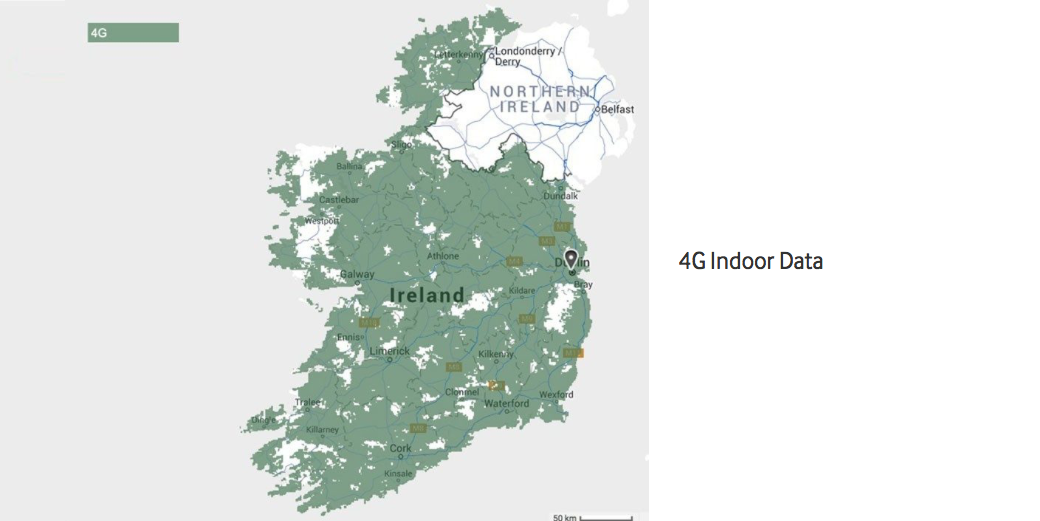
Shown below is Eir's 4G coverage map.
3 needs to wake up
3's 'Big Upgrade' program which promised to deliver a 'state of the art' 4G network nationwide is nearing completion and it's current network is far from 'state of the art'. It has the worst coverage and speed in Ireland on its 3G and 4G networks. Customers are forced to use EDGE or woeful 3G in many areas as vast swathes of the Irish landscape remain uncovered by it's network. 3 will need to rapidly accelerate the roll out of its 4G and 4G+ network if it wants to compete with Vodafone or Eir.
Vodafone needs to continue listening
I've bashed Vodafone in the past for offering terrible pay as you go and bill pay plans. The plans were confusing and offered only a tiny amount of data for an absurd price. However that has changed and Vodafone's current portfolio of plans is significantly more attractive than the one it had a year ago. I consider it's Vodafone X pay as you go plans the best in the industry. If it wants to continue attracting customers and continue to slow its loss of customers Vodafone must radically revamp it's standard pay as you go plans which remain a weak point. Vodafone should also consider offering more data on it's bill pay sim only plans.
Eir needs to continue deploying 4G
While the breath of Eir's 4G network is almost identical to Vodafone's, it still lacks in some areas where 4G is unavailable as its 3G network is very poor. Eir should continue being first to market with technologies such as WiFi calling. The upcoming year will test the integrity of the Eir brand as over 750,000 Meteor customers will become Eir customers. Eir also needs to accelerate its deployment of 4G+ and continue to densify its network in congested areas.
Mobile Network Awards:
Best Coverage, Speed and Reliability: Vodafone
Vodafone has the best coverage, speed and reliability in Ireland. What other networks claim to deliver, Vodafone actually does. Eir and 3 can't hold a candle to the coast to coast omnipresence of Vodafone's network
Best Pay as You Go Plans: Vodafone
Vodafone's three new 'Vodafone X' plans are easily the best in the industry. They offer lots of data, calls and texts. Customers can also benefit from a free add on of Sky Sports or Spotify Premium on these plans. To back it up, these plans are supported by the best network in Ireland. Vodafone's 'My Vodafone' app is also the best in it's category in Ireland.
Best Bill Pay Plans: 3
3 has the best bill pay plans in Ireland at the moment. Customers can indulge in 60GB of data and also enjoy lots of calls and texts. The plans also boast free Deezer Premium for 3 months. 3 also has has one of the largest selections of devices out there.
Most Innovative Mobile Network: Vodafone
Vodafone is the most innovate telecoms company in the industry. The company has repeatedly shown it is committed to delivering a state of the art customer experience by being first to market with technologies such as 4G+ and NB-IoT. Vodafone's goals of creating a 'Gigabit Society' in Ireland were further backed up by its announcement of testing gigabit speeds on its mobile network. Vodafone has also deployed the largest and most advanced 4G and 4G+ network in Ireland. The company also announced that it will launch Voice over 4G and WiFi calling in early 2018. Vodafone is also in the process of boosting its theoretical peak speeds of 4G+ from 225Mbps to 300Mbps.
All coverage and data information collected from Vodafone, Three and Eir Website.
Coverage and Speed comarisons based on reports published by Ookla, ComReg and OpenSignal.
Coverage and Speed comarisons based on reports published by Ookla, ComReg and OpenSignal.
